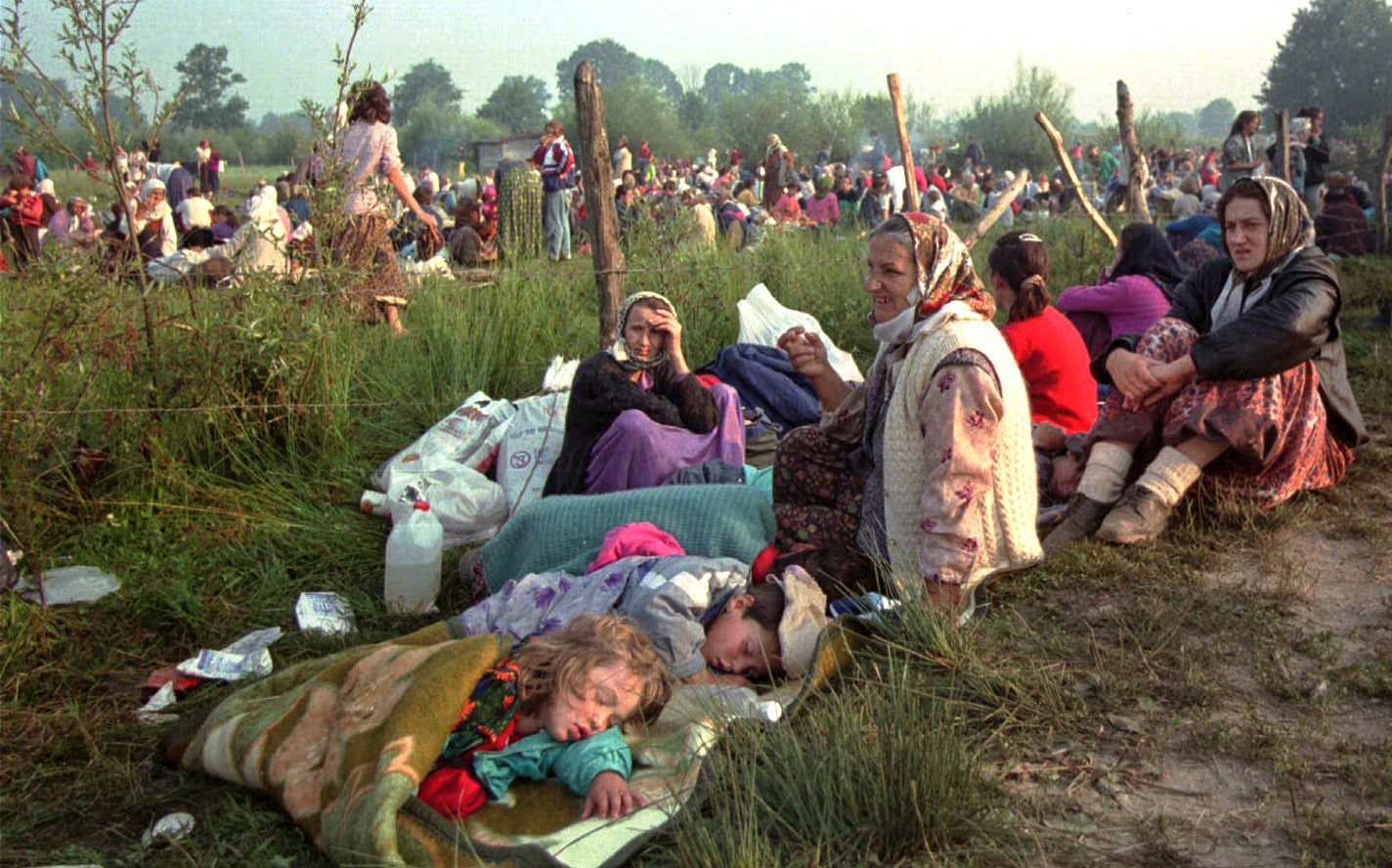Bosnia commemorates 26th anniversary of Srebrenica massacre
Bosnia is marking the 26th anniversary of the Srebrenica massacre, the only episode of its 1992-95 fratricidal war that has been declared a genocide by international and national courts

Your support helps us to tell the story
From reproductive rights to climate change to Big Tech, The Independent is on the ground when the story is developing. Whether it's investigating the financials of Elon Musk's pro-Trump PAC or producing our latest documentary, 'The A Word', which shines a light on the American women fighting for reproductive rights, we know how important it is to parse out the facts from the messaging.
At such a critical moment in US history, we need reporters on the ground. Your donation allows us to keep sending journalists to speak to both sides of the story.
The Independent is trusted by Americans across the entire political spectrum. And unlike many other quality news outlets, we choose not to lock Americans out of our reporting and analysis with paywalls. We believe quality journalism should be available to everyone, paid for by those who can afford it.
Your support makes all the difference.Thousands of people in Bosnia were gathering Sunday to commemorate the 1995 Srebrenica massacre, Europe’s only acknowledged genocide since World War II, and bury 19 newly identified victims.
The execution of more than 8,000 Muslim Bosniaks, most of them men and boys, is being commemorated in a series of events Sunday, followed by the reburial of victims whose remains were found in mass graves and recently identified through DNA analysis.
Twenty six years after they were brutally murdered, 16 men, two teenage boys and a woman will be laid to rest at a memorial cemetery at the entrance to the eastern town, joining more than 6,600 other massacre victims already reburied there.
Newly identified victims are given a dignified burial each year on July 11 — the anniversary of the day the killing began in 1995.
“As soon as I got up and had coffee, I came to visit the graves of my husband and his brother, to say a prayer," said Kadefa Rizvanovic, who lost 20 male relatives in the slaughter and still hasn't found the remains of all of them.
"My paternal and maternal uncles are also buried here. I said a prayer for them and for all the victims of Srebrenica,” she added.
Most of the massacre victims were hunted down and summarily executed as they tried to flee into nearby forest after Srebrenica was overrun by Bosnian Serb forces on July 11, 1995, in the waning days of Bosnia’s 1992-95 fratricidal war. Their bodies were plowed into hastily dug mass graves and then later excavated with bulldozers and scattered among other burial sites to hide evidence of the crime.
The Srebrenica killings were the bloody crescendo of the war which pitted the country’s three main ethnic factions — Serbs, Croats and Bosniaks — against each other after the break-up of Yugoslavia More than 100,000 people were killed in the conflict before a peace deal was brokered in 1995.